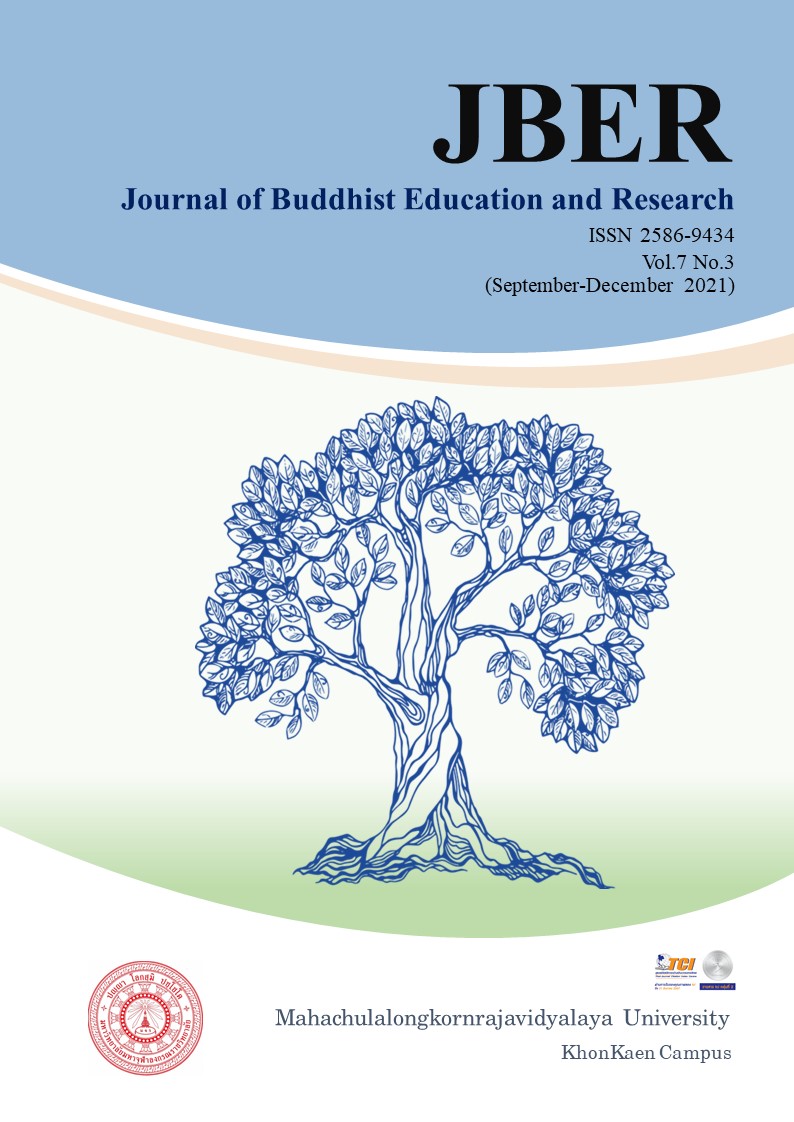THE IMPACT OF CUSTOMERS' EMOTIONAL EXPERIENCE ON CUSTOMERS' REPURCHASE: A CASE STUDY OF TAKING MULTIMEDIA RESTAURANTS
Keywords:
emotional experience; repurchase; perceived value; interactive marketingAbstract
This article takes multimedia restaurant consumers as the research object. Based on the results of previous studies, a questionnaire is designed, and SPSS software is used to carry out quantitative research on reliability, validity and relevance, and analyze emotional experience-perceived value-interaction Marketing-the relationship between the four variables of repurchase, explore the influence mechanism of customers' repurchase behavior in the context of multimedia restaurant. Finally, the following conclusions are drawn: for the customer's repurchase behavior, the emotional experience has a positive impact; the emotional experience acts on the customer's repurchase relationship through the perceived value; for the relationship between the emotional experience and the customer's repurchase, Interactive marketing played an effective regulatory role.
References
Bradley, M.M., & Lang, P.J.(1994).Measuring emotion: the self assessment manikin and the semantic differential. Journal of Behavior Therapy and Experimental Psychiatry, 25(1): 49-59.
Gao, L. (2009). The emotional experience of urban public space art design. Zhejiang University of Technology.
Jordan, P.W. (2000). Designing pleasurable products. New York: Taylor & Francis, 121.
McDonagh, D., Bruseberg, A., & Haslam, C. (2002). Visual product evaluation: exploring users' emotional relationships with products. Appl Ergon, 33(3): 231-240.
Plutchik, R. (1980). Emotion: A Psychoevolutionary Synthesis. New York: Harper & Row.
Plutchik, R. K. (1974). Manual of the Emotions Profile Index. Los Angeles: Western Psychological Services.
Wang, Chunxiao., Han, Xiaoyun., & Wen, Biyan. (2003). An Empirical Study on the Relationship between Customer Satisfaction and Loyalty. Nankai Management Review, (6): 70-74.
Woodruff, R.B. (1997). Customer Value: The Next Source for Competitive Advantage. Journal of the Academy of Marketing Science, 2(25):141.
Zhang, J. (2016). Research on physical bookstore space design based on emotional experience.
Zhou, H. (2014). The secret of Amazon's success-creating a better user experience. China Economic Weekly, 02:78-79.





